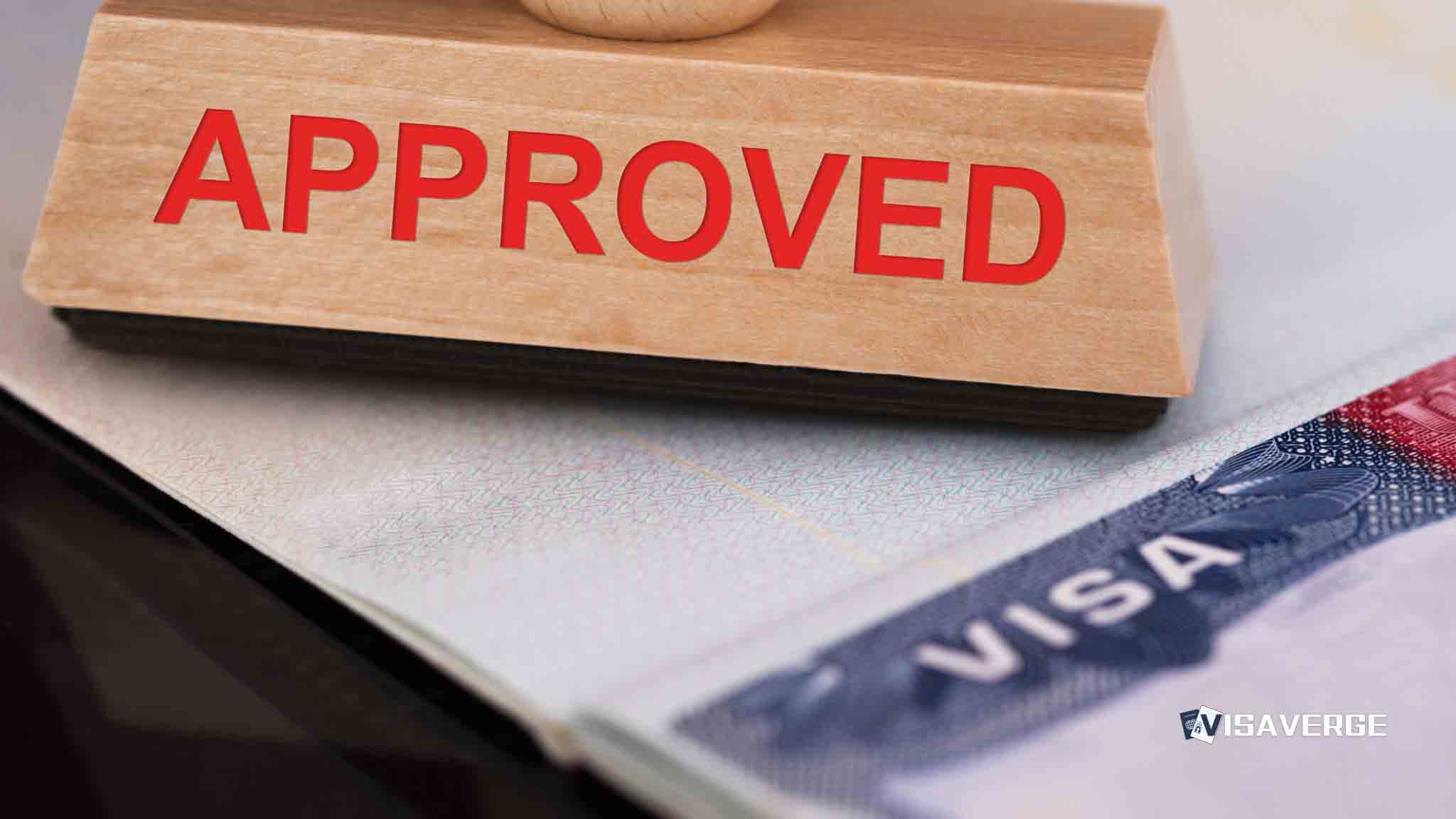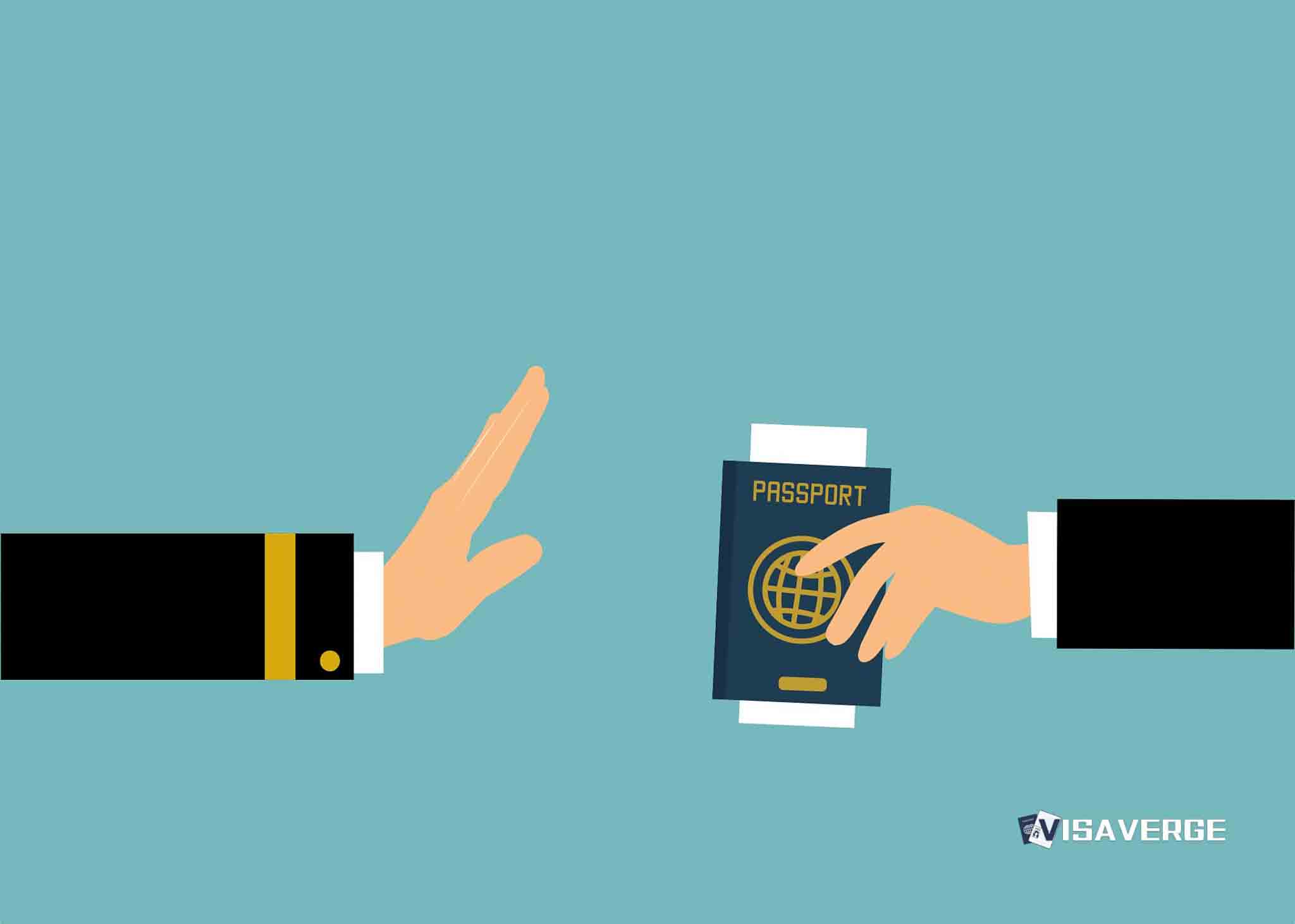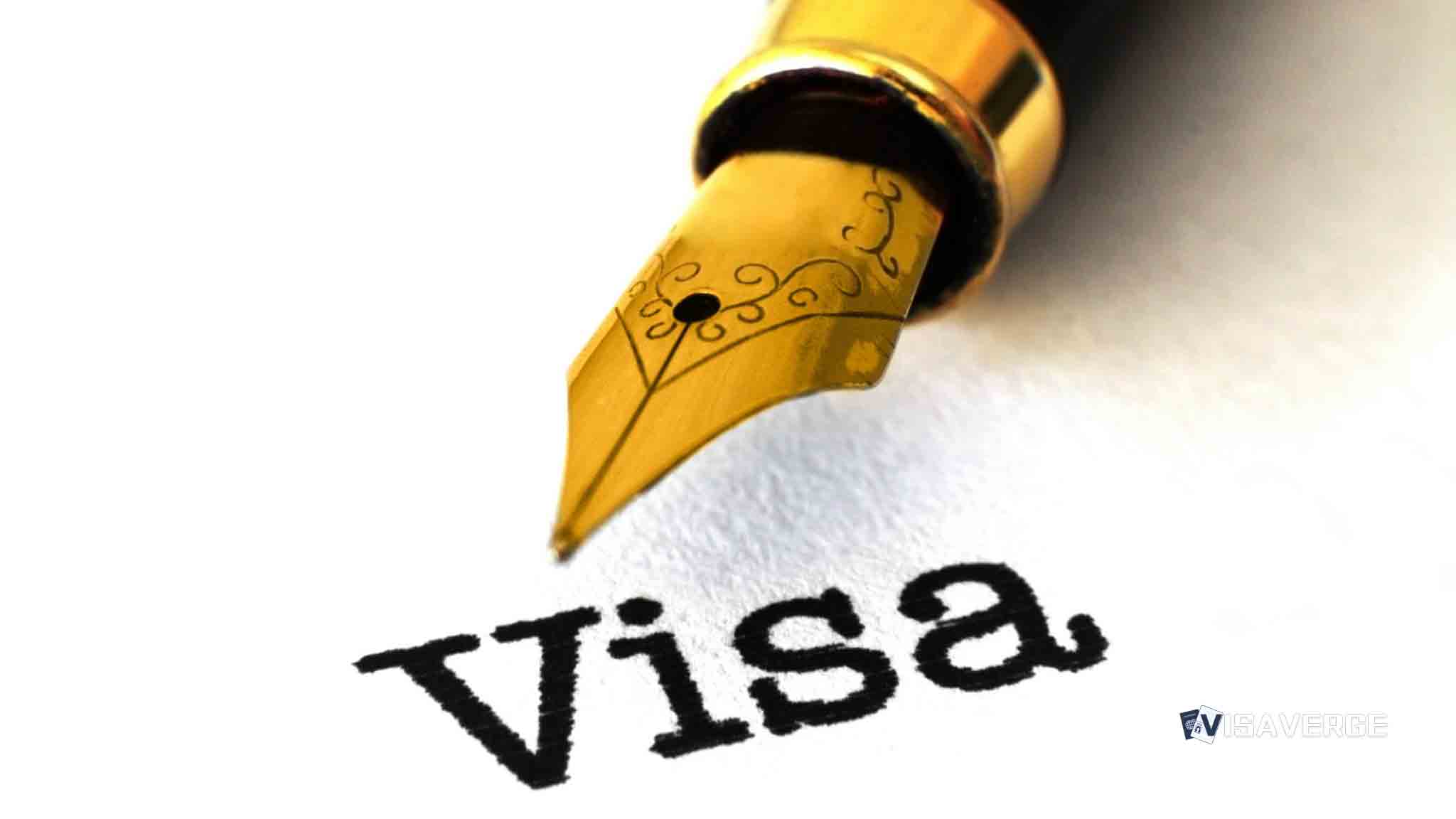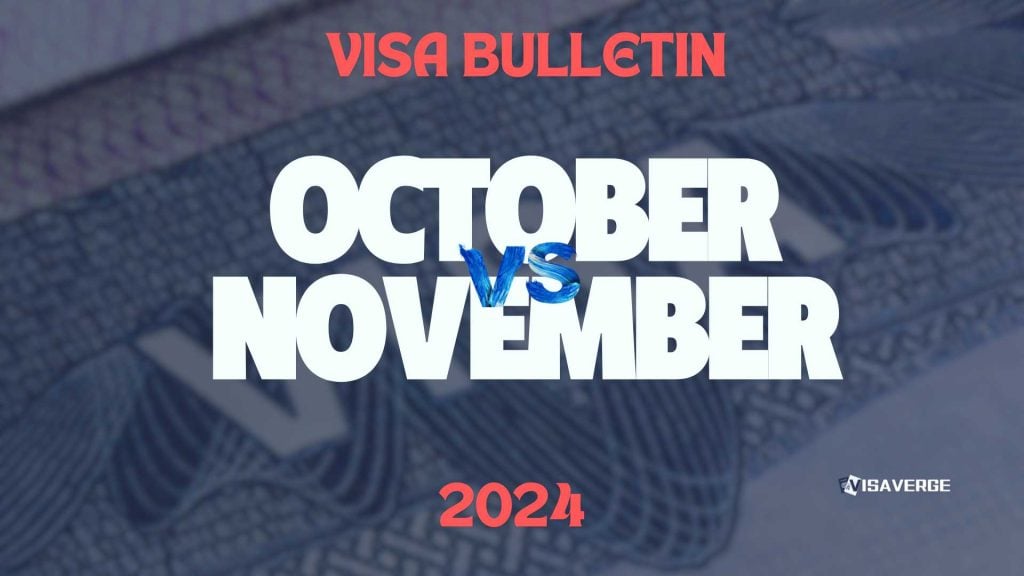Key Takeaways
• Requesting a fee waiver for Form I-485 does not affect green card eligibility under the public charge rule.
• As of January 20, 2025, USCIS no longer issues public charge RFEs or NOIDs for adjustment of status.
• Fee waiver eligibility requires income below 150% of poverty level or enrollment in means-tested public benefits.
If you’re applying for a green card in the United States 🇺🇸 and worried about the costs, you might consider asking for a fee waiver when you file Form I-485, the Application to Register Permanent Residence or Adjust Status. But many applicants wonder: Will asking for a fee waiver hurt my chances because of the public charge rule? As of June 2025, the answer is clear—applying for a fee waiver for your Form I-485 does not negatively impact your application under the public charge rule. This article explains what this means, why it matters, and how you can safely request a fee waiver without risking your green card application.

What’s Happening: Fee Waivers and the Public Charge Rule
Who: Immigrants applying for permanent residence (a green card) in the United States 🇺🇸 using Form I-485
What: Concerns about whether asking for a fee waiver could harm their application under the public charge rule
When: As of June 2025, with recent policy changes taking effect January 20, 2025
Where: United States 🇺🇸, under the jurisdiction of U.S. Citizenship and Immigration Services (USCIS)
Why: Many applicants cannot afford the high filing fees and rely on fee waivers, but worry about being seen as a “public charge”
How: By submitting Form I-912, Request for Fee Waiver, with supporting documents
The Basics: What Is a Fee Waiver and Who Can Get One?
A fee waiver lets you apply for certain immigration benefits without paying the usual government filing fees. For Form I-485, the fee can be over $1,000, which is a lot for many families. USCIS allows you to ask for a fee waiver if you can show you truly cannot pay.
You may qualify for a fee waiver if:
– You or a family member get means-tested public benefits (like Medicaid or SNAP/food stamps)
– Your household income is at or below 150% of the Federal Poverty Guidelines (these are numbers set by the government each year based on family size and income)
– You have a serious financial hardship (such as big medical bills, job loss, or other emergencies)
To ask for a fee waiver, you need to fill out Form I-912, Request for Fee Waiver and send it with your Form I-485. You must also include proof, like benefit letters, pay stubs, or bills.
What Is the Public Charge Rule?
The public charge rule is a law that lets the government decide if someone applying for a green card is likely to become mainly dependent on government help, like cash assistance or long-term care. If the government thinks you might become a “public charge,” they can deny your application.
But here’s the key point: USCIS says that using public benefits to qualify for a fee waiver does not count against you under the public charge rule. This means you can ask for a fee waiver without worrying that it will hurt your green card application.
Recent Changes: Policy Updates in 2025
In the past, some people worried that asking for a fee waiver or using public benefits could make them look like a public charge. This fear was especially strong under earlier rules, which were stricter about public benefits.
However, as of January 20, 2025, USCIS changed its policy. Now, they do not send Requests for Evidence (RFEs) or Notices of Intent to Deny (NOIDs) based on public charge grounds for people applying for adjustment of status (green cards). This is a big change that makes it safer for applicants to ask for a fee waiver.
According to analysis by VisaVerge.com, this shift means applicants can focus on providing honest information about their finances without worrying about negative consequences under the public charge rule.
Fee Exemptions: Who Doesn’t Need to Pay or Ask for a Waiver?
Some groups don’t have to pay the Form I-485 fee at all. If you’re applying for a green card under certain special categories, you’re exempt from the fee and don’t need to ask for a waiver. These include:
- VAWA (Violence Against Women Act) self-petitioners
- T nonimmigrants (victims of human trafficking)
- U nonimmigrants (victims of certain crimes)
If you fall into one of these groups, you can file Form I-485 without paying the fee or submitting a fee waiver request.
Step-by-Step: How to Request a Fee Waiver for Form I-485
If you think you qualify for a fee waiver, here’s what you need to do:
1. Check If You’re Eligible
- Are you or a family member getting means-tested benefits?
- Is your household income at or below 150% of the Federal Poverty Guidelines?
- Are you facing a serious financial hardship?
2. Fill Out Form I-912
- Download the latest Form I-912 from the USCIS website.
- Answer all questions honestly and completely.
3. Gather Proof
- Collect documents that show you qualify, such as:
- Benefit award letters (for Medicaid, SNAP, etc.)
- Recent pay stubs or tax returns
- Medical bills or letters explaining your hardship
4. Submit With Your I-485 Application
- Attach your completed Form I-912 and all proof to your Form I-485 application package.
- Double-check that everything is included before mailing.
5. Wait for USCIS to Review
- USCIS will look at your fee waiver request.
- If approved, you don’t have to pay the fee.
- If denied, USCIS will return your application and tell you to pay the fee before they process your case.
6. No Penalty for Asking
- USCIS will not hold your fee waiver request against you.
- Your financial situation or use of public benefits for the fee waiver will not be used as a reason to deny your green card under the public charge rule.
Why This Matters: Practical Implications for Applicants
For many immigrants, the cost of applying for a green card is a real barrier. The fee waiver program is designed to make sure that people who qualify for permanent residence are not blocked just because they can’t afford the fee.
Key things to remember:
– You should apply for a fee waiver if you need it and qualify.
– Your use of public benefits or low income will not be counted against you under the public charge rule.
– USCIS officers are not allowed to deny your green card just because you asked for a fee waiver.
– Recent policy changes in 2025 make it even safer to request a fee waiver.
Background: How Did We Get Here?
The public charge rule has a long history in U.S. immigration law. For many years, it was used to keep out people who might rely on government help. In 2019, the rule was expanded to include more types of public benefits, making many immigrants afraid to use any help or ask for fee waivers.
When President Biden took office, his administration rolled back the 2019 expansion. As of January 2025, USCIS stopped sending RFEs or NOIDs based on public charge for green card applicants. This change reflects a more welcoming approach, focusing on fairness and access.
Fee waivers have always been part of the system to help low-income applicants. The latest policies confirm that inability to pay should not stop someone from getting immigration benefits.
What Do Experts and Stakeholders Say?
Immigration lawyers and advocacy groups strongly support the right to ask for a fee waiver. They say it’s important for people to know that:
- Fee waiver requests are a legal right if you qualify.
- USCIS guidance clearly says that asking for a fee waiver based on public benefits or low income is not a reason to deny your application under the public charge rule.
- Applicants should carefully document their eligibility to avoid delays or denials, but should not be afraid to ask for help.
USCIS itself provides clear instructions and reassurance on its website. For more details, you can visit the USCIS Public Charge Resources page.
What About the Future? Will Things Change?
As of now, there are no announced plans to make fee waiver requests count against applicants under the public charge rule. The trend is toward making the process more fair and open, not more strict.
USCIS may update its forms or instructions from time to time, so it’s smart to check the official USCIS website for the latest news. But based on current policy and recent changes, applicants can feel confident that asking for a fee waiver is safe.
Common Questions and Answers
Q: If I get a fee waiver for my I-485, will USCIS think I’m a public charge?
A: No. USCIS has made it clear that getting a fee waiver does not count against you under the public charge rule.
Q: What if I’m denied a fee waiver?
A: If your fee waiver is denied, USCIS will return your application and ask you to pay the fee. Your application will not be denied just because you asked for a waiver.
Q: Do I need a lawyer to apply for a fee waiver?
A: No, but it can help if your situation is complicated. Many community organizations also offer free help.
Q: Can I use benefits like Medicaid or SNAP to qualify for a fee waiver?
A: Yes. These are means-tested benefits and can be used to show you qualify for a fee waiver.
Q: Where can I find the forms I need?
A: You can find Form I-485 and Form I-912 on the official USCIS website.
Tips for a Successful Fee Waiver Request
- Be honest and complete: Fill out all parts of Form I-912 and provide all needed documents.
- Double-check your paperwork: Missing information or proof can delay your case.
- Keep copies of everything: Make sure you have a copy of your fee waiver request and all supporting documents.
- Mail everything together: Send your fee waiver request with your Form I-485 application in the same package.
Official Resources and Where to Get Help
- USCIS Public Charge Resources
- Form I-912, Request for Fee Waiver
- Form I-485, Application to Register Permanent Residence or Adjust Status
- USCIS Fee Waiver Policy Manual
If you have questions, you can call the USCIS Contact Center or visit a local community organization that helps immigrants.
In Summary: What You Need to Know
- Applying for a fee waiver for your I-485 form will not negatively impact your application under the public charge rule.
- USCIS policy keeps fee waiver eligibility and public charge rules separate.
- Recent changes in 2025 make it even safer to ask for a fee waiver.
- If you qualify, you should apply for a fee waiver and include all needed proof.
- Stay up to date by checking the official USCIS website for any changes.
By following these steps and using the resources above, you can apply for your green card with confidence, knowing that asking for a fee waiver will not hurt your chances. For more detailed analysis and updates, VisaVerge.com reports that the current approach is designed to help applicants, not penalize them for financial hardship.
If you’re ready to take the next step, gather your documents, fill out your forms, and submit your application. The system is set up to support you, not hold you back.
Learn Today
Form I-485 → An application to register permanent residence or adjust immigration status in the U.S.
Fee waiver → An official exemption from paying government filing fees for eligible immigration applicants.
Public charge rule → A law determining if immigrants might rely mainly on government benefits and risk denial.
Request for Fee Waiver (Form I-912) → A form used to request exemption from paying USCIS filing fees based on financial hardship.
Request for Evidence (RFE) → A USCIS notice asking applicants for additional proof to support their immigration application.
This Article in a Nutshell
Applying for a fee waiver on Form I-485 helps low-income immigrants afford green card fees without penalty. Since January 2025, USCIS policies ensure fee waiver requests do not harm applications under the public charge rule, making immigration benefits more accessible and fair.
— By VisaVerge.com













